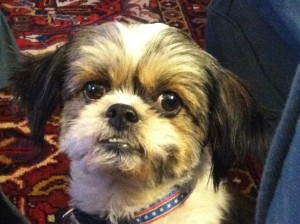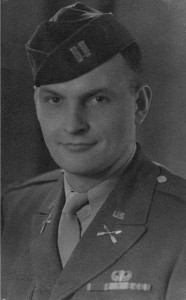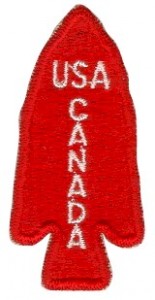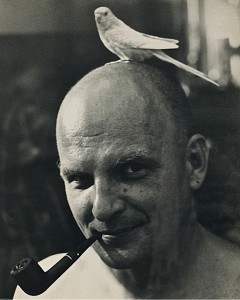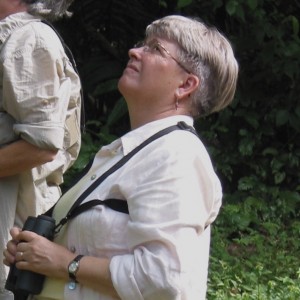I’ve just written a post for my blog next week. I’m caught up with the revisions I’m doing on my memoir. There are only two more chapters to talk to my editor about and then the work will begin to have my book become a reality in the fall of 2016. I’m excited.
But I’m feeling restless. The studio needs a good dusting and vacuuming. My computer desktop needs attention and I should start rereading the booklet of things I need to know about She Writes Press, the hybrid publisher I plan to go with. I promised myself weeks ago that I’d come up with an elevator pitch for my book and haven’t thought about it since then. There are over a hundred emails that need my attention and possible filing. They’re mostly about writing, publishing, and building an author platform, a true necessity if one is to sell the book she is getting ready to publish.
There is too much to do. It’s already late afternoon and I need to walk the dogs in about an hour and then there is dinner to prepare. But all I want to do is put my feet up and not be pushed to get more work done.
I opt to relax, write in my journal, and do some reading. But as I sit down in my favorite chair with a tall glass of iced tea to begin my friend, Guilt, arrives and begins haranguing me.
“What do you think you’re doing? How can you be writing in your journal and reading when you’re getting ready to publish a book? You need to go back over to the studio and get to work on your platform. You are not doing enough to pull in readers. You’re lazy and a wimp. Look what your friend J. is doing to promote her book. GET TO WORK!“
Despite Guilt’s unending criticism I pick up my purple pen and start a new page in my journal. I begin by making excuses.
“I haven’t put pen to paper here in almost a week and I need to remember all of the brilliant ideas I’ve already forgotten because I haven’t put in time writing here. There is just too much to do and sometimes I just need to kick back and enjoy life without being pushed.”
Gathering steam I address Guilt: “You want me to be a writer? Then let me read. Everybody knows that reading other writer’s words is the way to learn. Now go away and leave me alone.”
I end up writing well over four pages about how important reading and writing in this journal is for me. I notice Sam and Max sitting at my feet and staring at me. They have an inner clock and they know it’s close to “walky” time and then dinner. I have twenty minutes left to do some reading before it’s officially their time and I’m going to take it. I tell them to go lie down. But do listen to me? No.
I delve back into the book that has taken me over a month to get to the middle of. I haven’t read a novel in ages, my preference usually being non-fiction. But The Goldfinch, by Donna Tartt is a page turner and I need to use every extra minute I can manage to to read it.
When my twenty minutes are done, I get the dogs leashed up and drag Guilt along on our walk, stopping at every fire hydrant and blade of grass that dogs have peed on. She’s not happy when I start complaining her about her persistant nagging. She keeps trying to get a word in edgewise using her favorite words, “Yes, but.” However, I’m way ahead of her and leave her in the dust just after Max pees on her shoe.
I have to laugh. She never gives up and she’ll probably be waiting for me around the next corner ready to start her never ending pitch on how to keep working non-stop so that my book will be on the New York Times best seller list. I may have to use physical force to keep her in the ditch. But that’s okay, I think I have the upper hand and she’ll leave me alone as long as my guard dog, Max is with me.
Does Guilt or some other critic hassle with you during your busy days? Do you have a sure-fire remedy for keeping them away? If you do, I’d love to hear about it.
